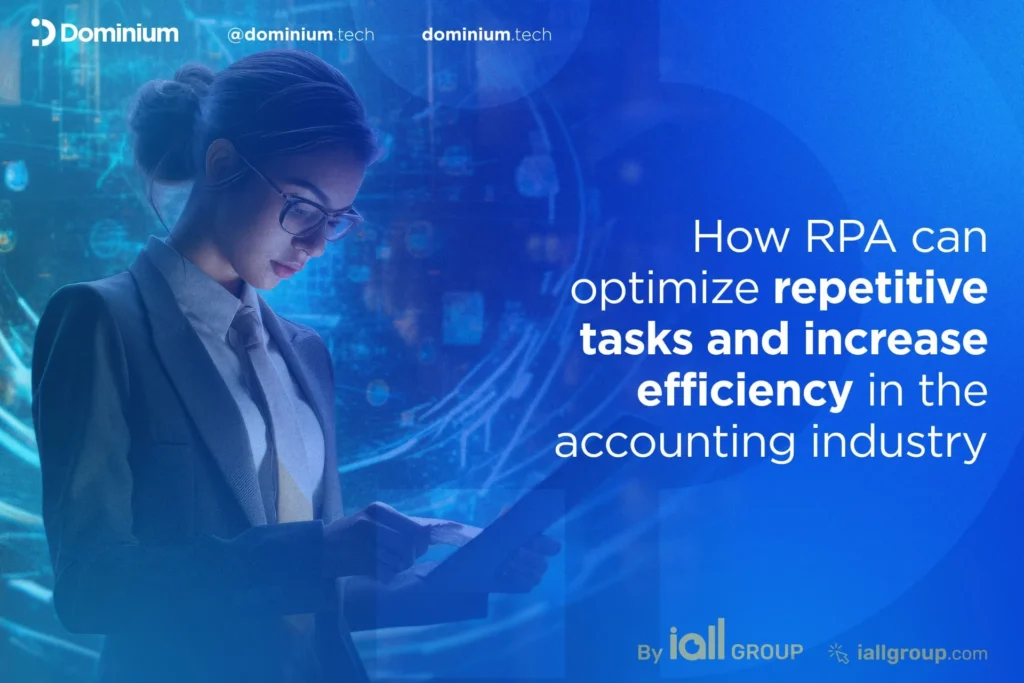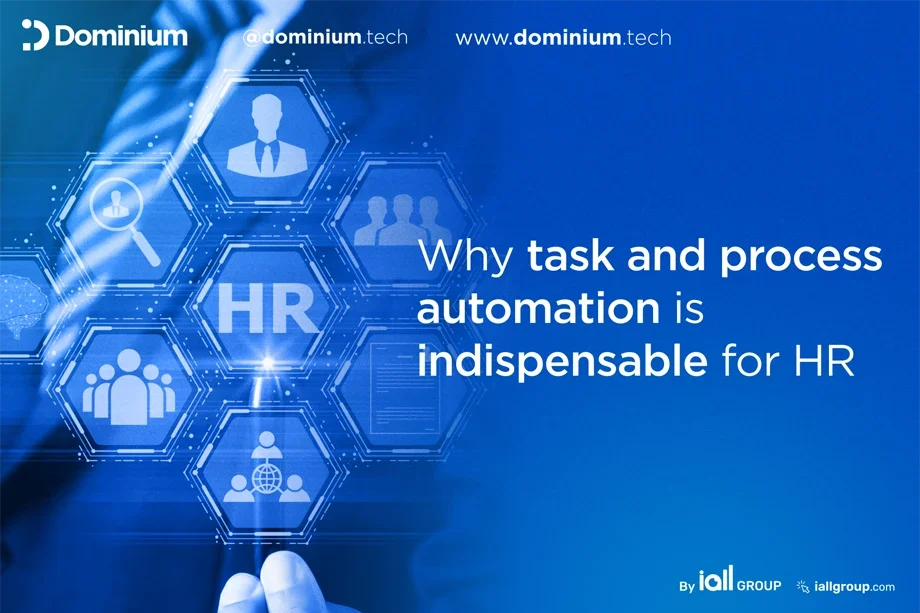In the accounting world, efficiency is key. Dealing with a myriad of repetitive tasks, from data entry to financial reporting, can be exhausting and time-consuming. However, Robotic Process Automation (RPA) emerges as an innovative solution to optimize these repetitive tasks and free up specialized professionals to focus on higher value-added activities.
What is RPA?
RPA is a technology that enables the automation of business processes through the use of software to perform repetitive tasks that would normally be performed by humans. These software “robots” can be programmed to perform a wide variety of activities, from collecting and organizing data to generating reports and analysis.
Benefits of RPA in the Accounting Sector
Operational Efficiency: An RPA allows the rapid and accurate execution of repetitive tasks, significantly reducing the time required to complete accounting activities. This results in greater operational efficiency and a reduction in time spent on manual processes.
Error Reduction: Software robots are programmed to follow predefined rules and patterns, which considerably reduces the occurrence of human errors. This ensures greater accuracy in accounting processes and minimizes the risk of data inconsistencies.
Scalability: RPA is highly scalable, meaning automated processes can easily be scaled to handle increasing volumes of work without needing to increase accounting staff. This allows companies to track business growth efficiently.
Focus on Strategic Tasks: By automating routine tasks, financial professionals are freed up to focus on more strategic and analytical activities, such as data analysis, financial planning and client consulting.
Regulatory Compliance: RPA can help companies ensure compliance with accounting and tax regulations by automating the reporting process and ensuring that all legal obligations are met in an accurate and timely manner.
Practical Applications of RPA in the Accounting Sector
Invoice Processing: Software robots can be programmed to extract information from incoming invoices, validate the data and record transactions in accounting systems, eliminating the need for manual data entry.
Account Reconciliation: An RPA can automate the account reconciliation process by automatically comparing financial records with bank transactions and identifying discrepancies or errors.
Report Generation: Software robots can generate standardized financial reports based on data extracted from different sources, streamlining the reporting process for the company’s stakeholders.
Internal Audit: An RPA can be used to automate internal audit procedures, identifying specific patterns or suspicious transactions and generating reports for auditors to review.
Fixed Asset Management: Automation can simplify fixed asset management, tracking depreciation, performing reconciliations and generating asset reports in an automated way.
Final considerations
Robotic Process Automation is transforming the accounting industry by offering an efficient and accurate way to handle repetitive tasks. By adopting RPA, accounting firms can increase their operational efficiency, reduce errors, free up resources for higher value-added activities, and ensure regulatory compliance. With technology advancing rapidly, we expect RPA to continue to play an increasingly important role in optimizing accounting transactions in the future.



